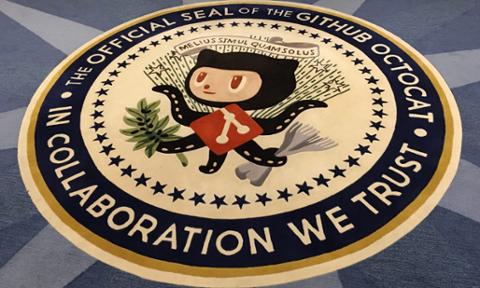Artificial intelligence (A.I.) developers have long used games as a way to train their latest A.I. models. That trend has produced generations of A.I. agents increasingly adept at games, mastering “Go,” “DOTA 2,” and other titles. Now the next stage in that evolution is reportedly here: DeepMind, Google’s A.I.-focused subsidiary, has developed an “AI agent” that can collaborate with humans to win a game.
The game in question is “Quake III,” a shooter that features a team-based “capture the flag” mode: Players must travel to the other side of a map, take the enemy’s flag, and return to their own side. The flag is dropped if the player holding it is killed in transit. In order to win, players on each team must successfully collaborate with each other; for example, defending the player with the flag as they attempt to cross the map.
DeepMind had its A.I. play 450,000 rounds of “capture the flag” over a few weeks. Although the A.I. agents started out performing random movements, they eventually became more focused and “exceeded the win-rate of humans in maps that neither agent nor human had seen previously," according to a paper released on the project.
As the New York Times helpfully points out, DeepMind giving an A.I. collaborative abilities has applications far beyond gaming—for instance, you could train robots to work effectively alongside warehouse workers. It could also benefit the nascent autonomous-driving industry, where cars and trucks piloted by machines will have to share the road with human drivers.
Then again, gaming is very different from the real world. For one thing, games are built upon a clearly defined set of rules, and the types of events that can occur within a game session are predictable. Real life is anything but predictable, and any A.I. tasked with executing tasks alongside humans will need to handle all sorts of randomness and oddities. It’s one thing for an A.I. agent to carry a virtual flag across a “Quake III” map, but how will its autonomous-driving equivalent deal with the unexpected appearance of a flaming mattress tumbling off a highway overpass?
For those interested in A.I. as a career path, this kind of news is pretty heartening: What starts out at firms such as DeepMind eventually trickles down to developers in the form of new tools.


